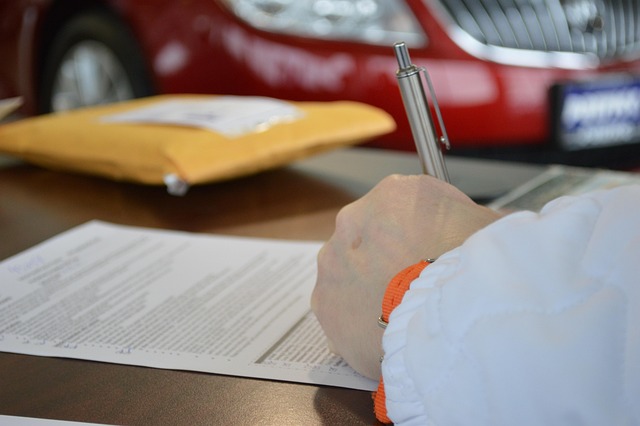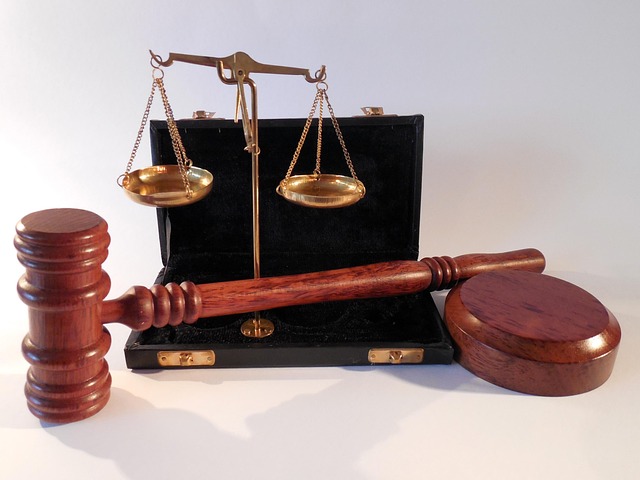To secure justice for clients affected by dangerous products, a dangerous product lawyer relies on gathering comprehensive safety data such as incident reports, design specs, and test results. This process, combined with analyzing similar cases and examining regulatory warnings, recall notices, and industry standards, establishes liability and aids in settlement negotiations. Expert testimony and evidence of negligence, including design flaws or insufficient risk disclosures, strengthen the case for a dangerous product lawyer.
“When a product proves harmful or deadly, a dangerous product lawyer plays a pivotal role in holding manufacturers accountable. Building a robust case requires gathering substantial evidence to prove product defects and manufacturer negligence. This article explores crucial elements that help these legal professionals win compensation for victims. We delve into strategies such as analyzing safety data, documenting harm through medical records and expert testimony, and examining design flaws or the absence of warnings. Understanding these methods is key to recognizing the evidence that strengthens dangerous product liability claims.”
- Gathering Relevant Safety Data
- – Identifying and collecting product safety data from various sources
- – Analysis of regulatory warnings, recall notices, and industry standards
Gathering Relevant Safety Data

When building a case for a dangerous product lawyer, gathering relevant safety data is paramount. This includes comprehensive records of product failures, injury reports, and any available documentation on the manufacturing process. Product liability cases often hinge on demonstrating that a manufacturer or supplier knew or should have known about the potential hazards associated with their product. Thus, detailed incident reports, design specifications, and test results can serve as compelling evidence. Personal injury attorneys specializing in dangerous products must be adept at uncovering these data points to strengthen their client’s claim for compensation due to injuries incurred from defective goods.
Additionally, looking into similar cases, both settled and litigated, can provide valuable insights. A truck accident attorney, for instance, might draw parallels between a current case and past litigation involving the same product or manufacturer. Such research can help predict potential outcomes, assess settlement values, and build a robust strategy. This strategic approach, coupled with safety data analysis, is crucial in securing justice for clients affected by dangerous products.
– Identifying and collecting product safety data from various sources

When building a case for a dangerous product lawyer, one of the critical steps is to identify and collect comprehensive product safety data. This information can be gathered from diverse sources, including manufacturers’ documentation, regulatory agencies’ records, scientific research papers, and incident reports. A dangerous product lawyer must sift through these resources to uncover crucial details about potential design flaws, manufacturing defects, or inadequate warnings that may have contributed to accidents or injuries.
Product safety data plays a pivotal role in personal injury claims, especially when dealing with vulnerable populations like the elderly (elder abuse cases) or children. It helps establish liability and demonstrates how the product’s inherent risks directly led to an individual’s harm. Accurate documentation can also facilitate faster settlement negotiations for accident compensation, as it provides clear evidence of negligence on the part of the manufacturer or seller.
– Analysis of regulatory warnings, recall notices, and industry standards

When building cases for a dangerous product lawyer, one of the key pieces of evidence is an in-depth analysis of regulatory warnings, recall notices, and industry standards. These documents provide critical insights into whether the product at fault met the required safety standards and if manufacturers or sellers provided adequate warnings to consumers about potential risks. For instance, if a product lacks proper labeling warning users about known hazards, this can significantly strengthen a case against the manufacturer.
Furthermore, studying recall notices—which are often issued when products pose an unreasonable risk of harm—can offer valuable information about the scope and severity of the issue. A dangerous product lawyer can use these records to demonstrate patterns or recurring issues with a particular product, highlighting negligence or intentional misconduct on the part of manufacturers or suppliers. This evidence, along with expert testimony on industry standards, can help establish liability in cases involving truck accidents, car accident injuries, or other hazardous situations stemming from defective products.
When building cases for a dangerous product lawyer, gathering comprehensive and relevant safety data is paramount. By identifying and analyzing regulatory warnings, recall notices, and industry standards, legal professionals can uncover crucial evidence to support their claims. This includes documenting product defects, evaluating the manufacturer’s knowledge of these issues, and assessing whether adequate safety measures were in place. Such detailed analysis not only strengthens the case but also helps hold accountable those responsible for putting dangerous products into the market, ultimately protecting consumers’ rights and ensuring justice.






